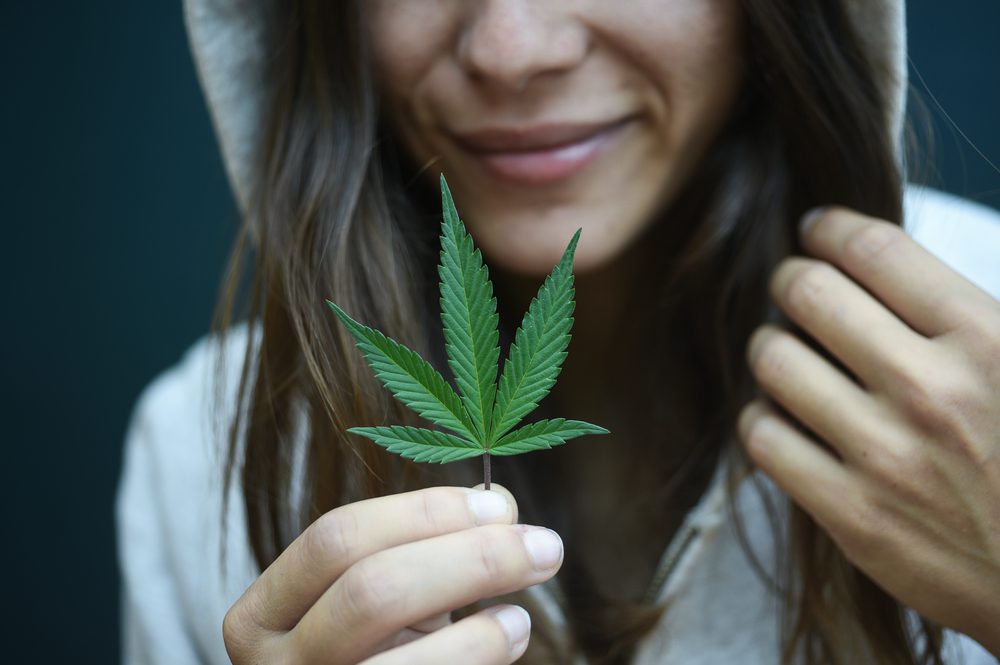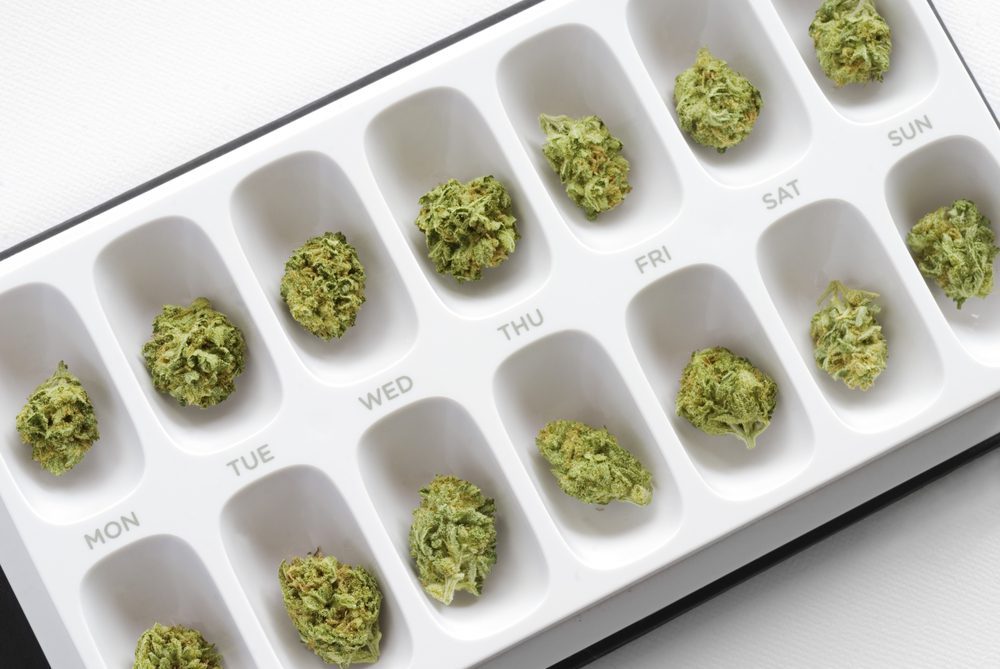The connection between marijuana and self-love is strong and prevalent. Many people who use cannabis use it to look inward, to find deeper meaning, or simply to enjoy their life with less pain; be it mental or physical.
However, the idea of self-love and the practice can be harder than it seems. Because of their elevated prevalence, persistent nature of disability, and significant effect on one’s quality of life, mental diseases pose a large public health challenge globally.
There is a critical need for new therapeutic strategies because many patients do not react to first-line medical therapies despite advances in our understanding of the pathological processes underlying the emergence of these disorders.
This journey for more intimate self-love is where medical marijuana can come in handy.

How Medical Marijuana Can Support Mental Health and Self-Care
Mindful Consumption: Using Medical Marijuana for Conscious Self-Care
We are currently in a situation where taking care of oneself is more crucial than ever. So, how can individuals best use medical marijuana to support their self-care practices?
Here are several ways to utilize cannabis consumption in caring for the mental health, body, and soul for self-care:

Play Around with the Dosage
People often claim that the reason they dislike cannabis is that it makes them uneasy. Find a dose that is pleasant for you by taking your time.
Once you have set up a starting point, you can make notes about the dosage that works best for various conditions, such as social anxiety, headaches, and the desire to taste colors and hear music. It is important not to forget that medical marijuana is psychedelic in higher quantities of cannabis consumption.
Examine Various Intake Techniques
Try something new to increase your fondness for the marijuana plant, and the right one for your cannabis consumption self-care regimen.
Medicinal Cannabis Consumption
Giving up smoking if you have sinus problems may be a good idea. However, cannabis has gotten connected to various anti-inflammatory characteristics, and inflammation is largely to blame for almost anything that feels wrong with our bodies.
In addition to being natural painkillers, THC and CBD can also promote relaxation and sleep.

Medical Marijuana as a Dietary Supplement
Cannabis or hemp seed oils and seeds also serve as nutritional supplements, another possible advantage of utilizing medical marijuana for mental health and emotional wellness. They contain calcium, iron, zinc, phosphorus, potassium, sodium, magnesium, sulfur, vitamin E, protein, fatty acids, and vitamin E.
Conclusion
FAQ
What is the Relationship Between Medical Marijuana and Self-Love?
The connection between medical marijuana and self-love is robust and widespread. Many individuals turn to cannabis for introspection, seeking deeper meaning, or simply enhancing their life by alleviating mental or physical discomfort.
How Can Medical Marijuana Support Mental Health and Self-Care?
Medical marijuana can be a valuable tool for self-care, supporting mental health, the body, and the soul. Mindful consumption, exploring various intake techniques, and considering cannabis as a dietary supplement are ways to incorporate it into a holistic self-care routine.
What is Mindful Consumption, and How Does it Relate to Self-Care?
Mindful consumption involves finding a pleasant dosage for individual needs. By experimenting with different doses and noting their effects, individuals can tailor marijuana use to address specific conditions, such as social anxiety or headaches, ensuring a positive and personalized self-care experience.
